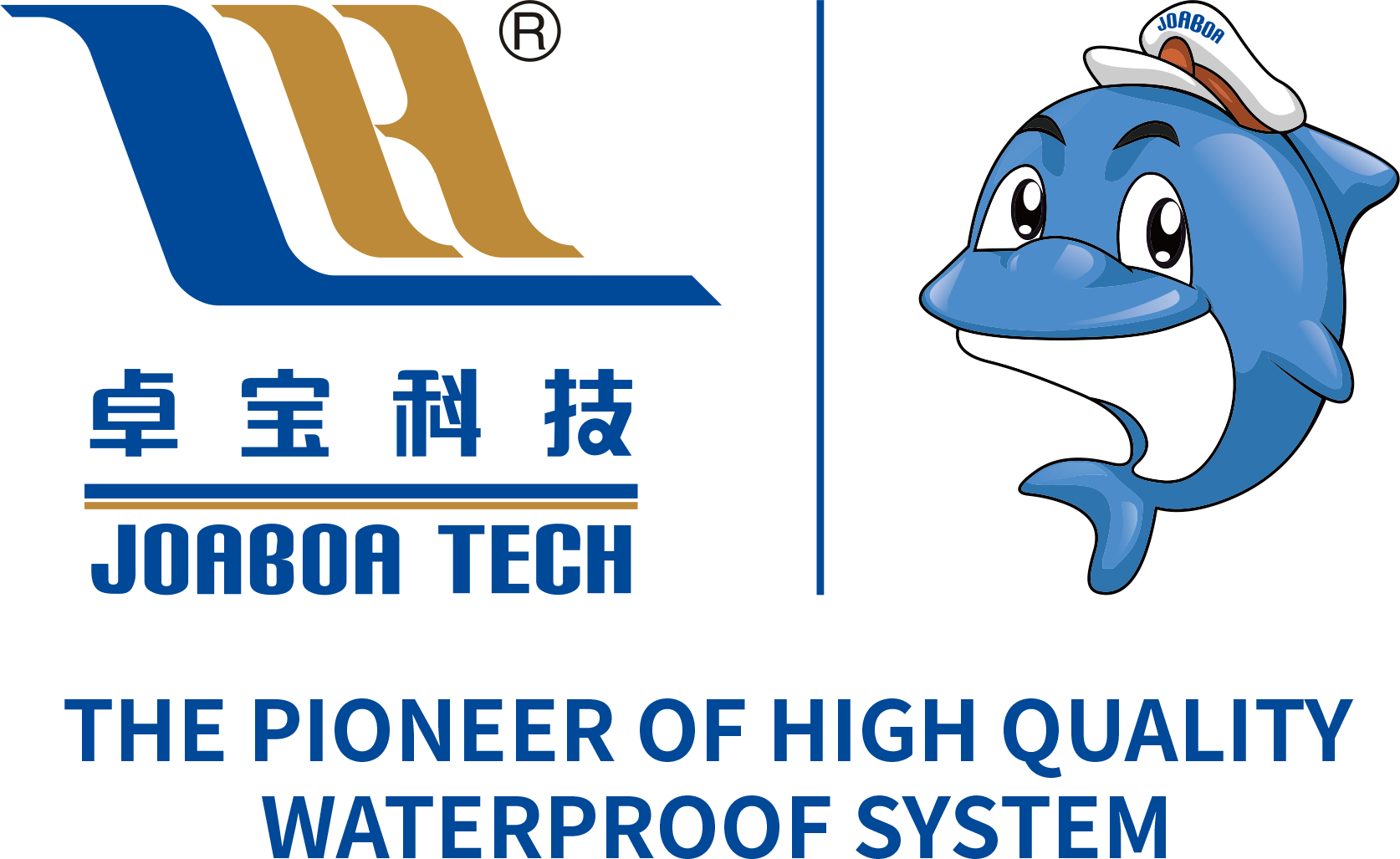Understanding Modified Bitumen Waterproofing Membranes: A Comprehensive Guide
2025-08-05 11:00
Modified bitumen waterproofing membranes are widely recognized in the construction industry for their effective waterproofing capabilities. These membranes are made from asphalt that has been modified with polymers to enhance its performance characteristics. This modification not only improves flexibility but also increases the membrane's resistance to temperature fluctuations, UV rays, and mechanical stress.
The two main types of modified bitumen are APP (Atactic Polypropylene) and SBS (Styrene-Butadiene-Styrene). APP membranes are known for their UV resistance and high-temperature tolerance, making them suitable for applications in hot climates or where prolonged sunlight exposure is a concern. On the other hand, SBS membranes are more flexible at lower temperatures, which makes them ideal for colder environments. Understanding the differences between these two types can help in selecting the right membrane for specific needs.
One of the key advantages of modified bitumen waterproofing membranes is their ease of installation. They can be applied using various methods, including torching, cold adhesive, or self-adhering options. This versatility allows contractors to choose the most suitable method based on site conditions and project requirements. Additionally, these membranes can be installed on various substrates, including concrete, metal, and wood, enhancing their application scope.
Durability is another significant benefit of modified bitumen membranes. They are designed to withstand harsh weather conditions, preventing leaks and water intrusion. The combination of toughness and flexibility ensures that they remain intact even under severe stress, thereby extending the lifespan of the roofing system or structure they protect. Moreover, their resistance to punctures and tears is crucial in maintaining the integrity of waterproofing solutions, especially in areas with high foot traffic or mechanical equipment.
Maintenance of modified bitumen membranes is relatively straightforward; regular inspections and minor repairs can significantly prolong their life. It’s essential to address any damage promptly to avoid potential leaks. Furthermore, many manufacturers offer warranties for their products, which can provide additional peace of mind.
In conclusion, modified bitumen waterproofing membranes are a reliable choice for a wide range of applications due to their enhanced performance characteristics, ease of installation, and durability. By understanding the different types available and their respective features, professionals in the construction and waterproofing sectors can make informed decisions that best meet their project requirements. Whether you are considering new installations or looking for effective solutions for existing structures, modified bitumen membranes offer a robust and versatile option for waterproofing needs.
The two main types of modified bitumen are APP (Atactic Polypropylene) and SBS (Styrene-Butadiene-Styrene). APP membranes are known for their UV resistance and high-temperature tolerance, making them suitable for applications in hot climates or where prolonged sunlight exposure is a concern. On the other hand, SBS membranes are more flexible at lower temperatures, which makes them ideal for colder environments. Understanding the differences between these two types can help in selecting the right membrane for specific needs.
One of the key advantages of modified bitumen waterproofing membranes is their ease of installation. They can be applied using various methods, including torching, cold adhesive, or self-adhering options. This versatility allows contractors to choose the most suitable method based on site conditions and project requirements. Additionally, these membranes can be installed on various substrates, including concrete, metal, and wood, enhancing their application scope.
Durability is another significant benefit of modified bitumen membranes. They are designed to withstand harsh weather conditions, preventing leaks and water intrusion. The combination of toughness and flexibility ensures that they remain intact even under severe stress, thereby extending the lifespan of the roofing system or structure they protect. Moreover, their resistance to punctures and tears is crucial in maintaining the integrity of waterproofing solutions, especially in areas with high foot traffic or mechanical equipment.
Maintenance of modified bitumen membranes is relatively straightforward; regular inspections and minor repairs can significantly prolong their life. It’s essential to address any damage promptly to avoid potential leaks. Furthermore, many manufacturers offer warranties for their products, which can provide additional peace of mind.
In conclusion, modified bitumen waterproofing membranes are a reliable choice for a wide range of applications due to their enhanced performance characteristics, ease of installation, and durability. By understanding the different types available and their respective features, professionals in the construction and waterproofing sectors can make informed decisions that best meet their project requirements. Whether you are considering new installations or looking for effective solutions for existing structures, modified bitumen membranes offer a robust and versatile option for waterproofing needs.
Related News









